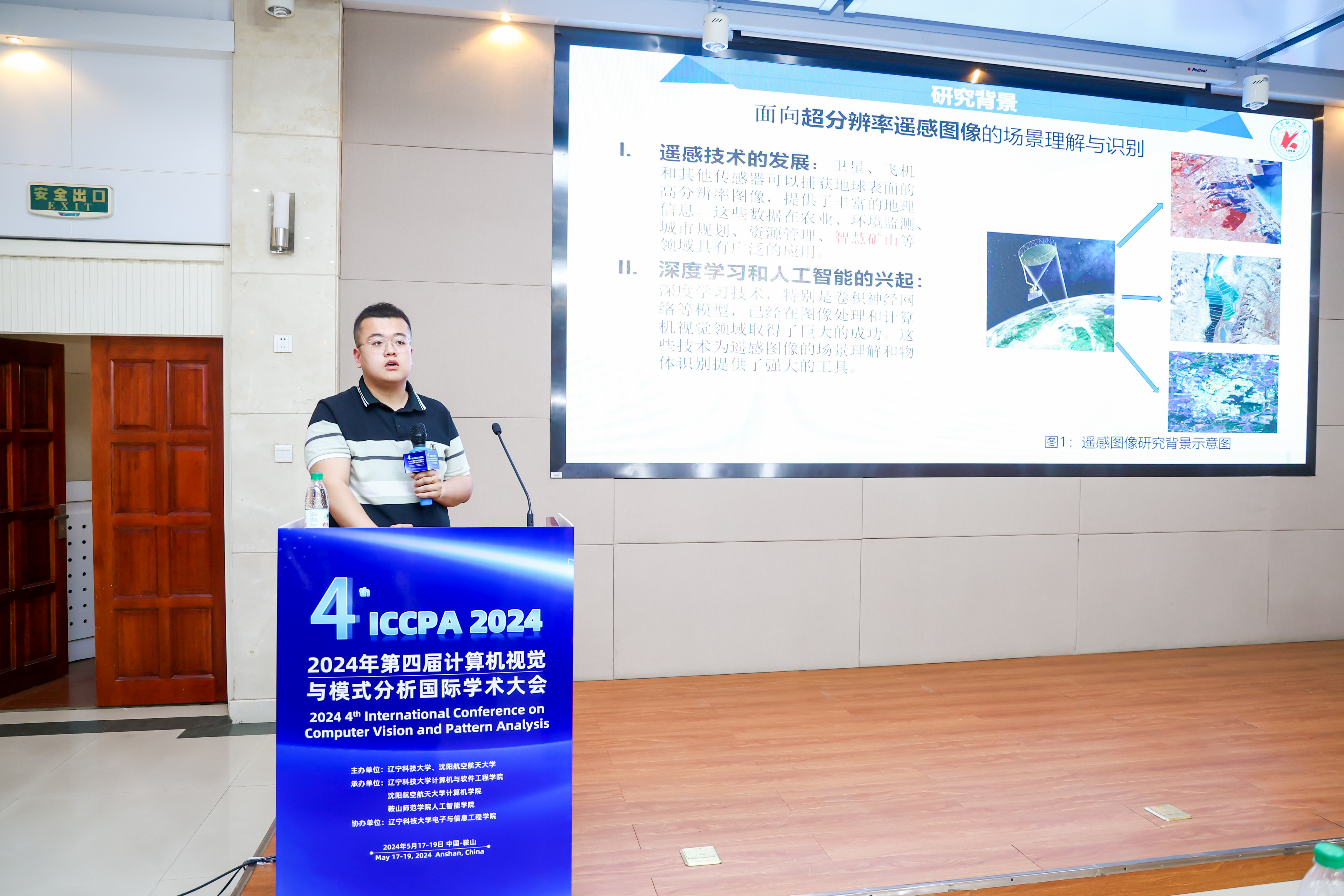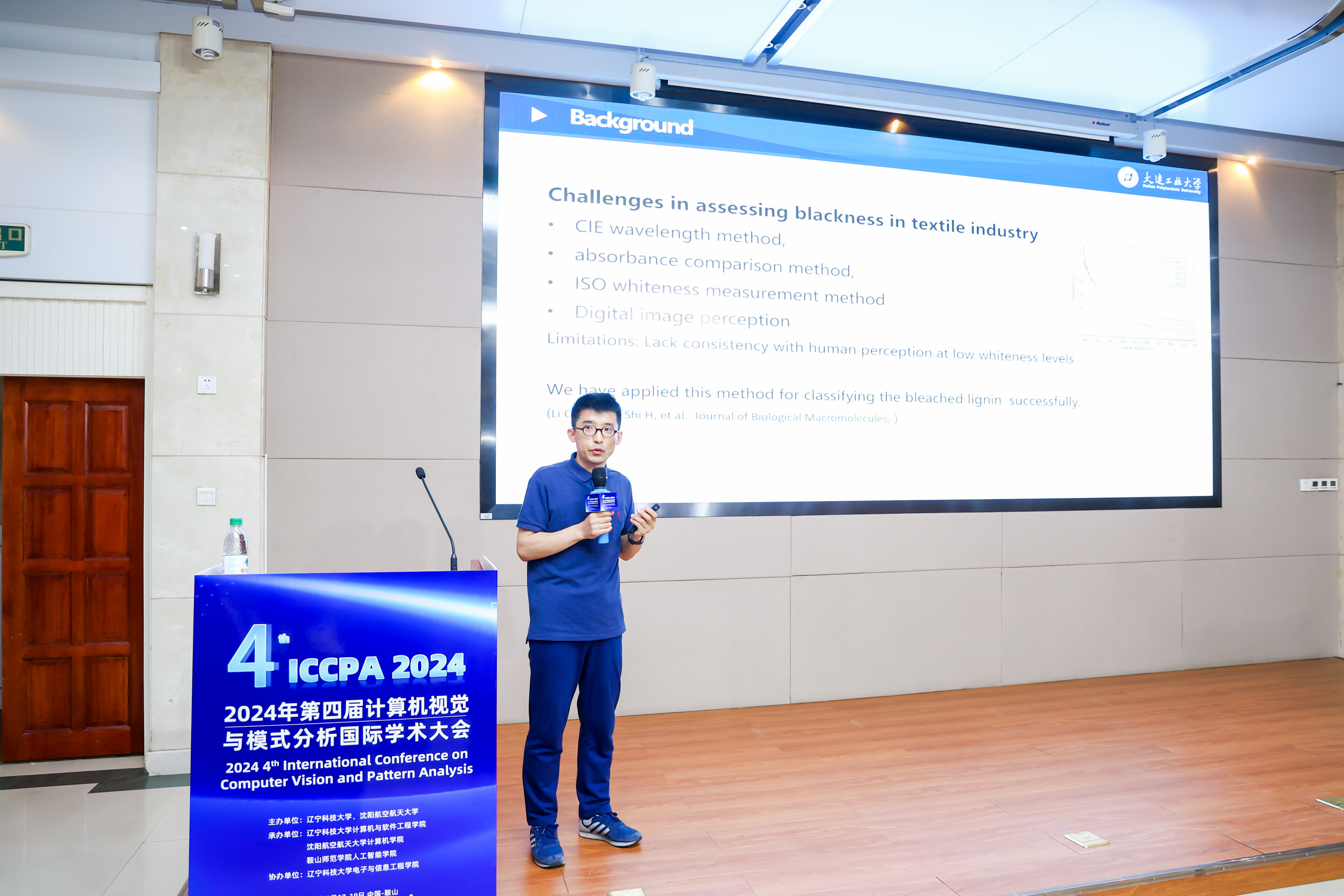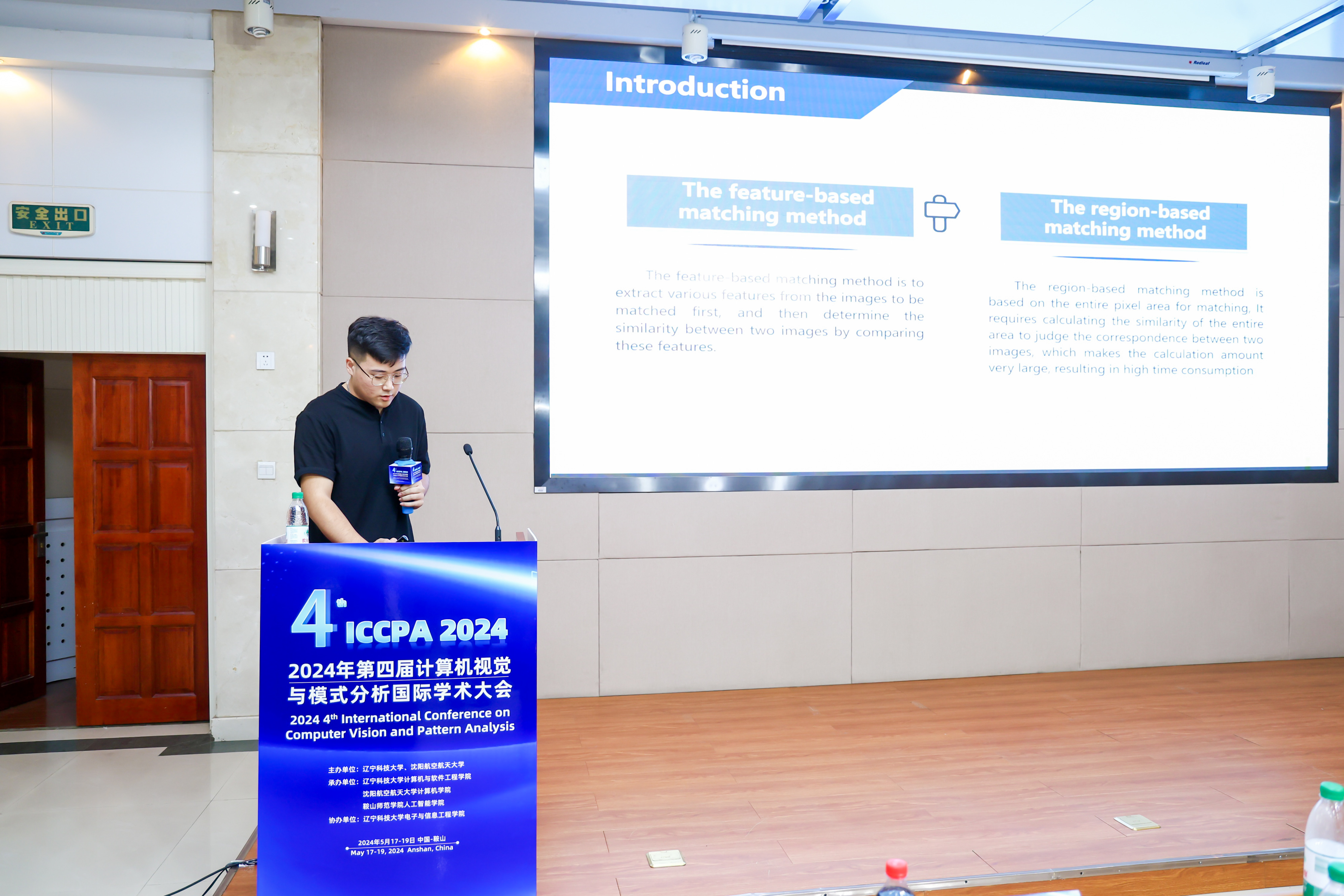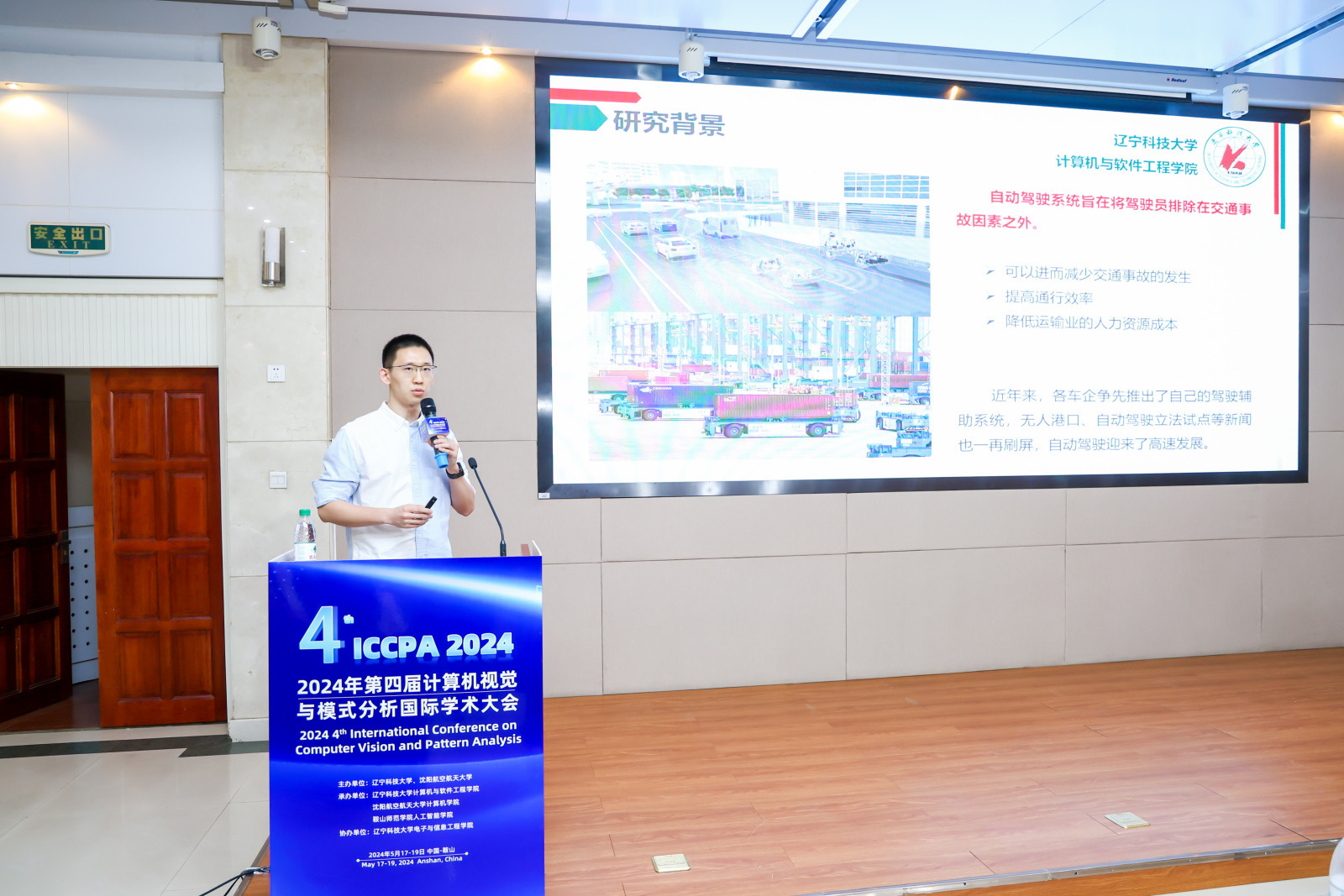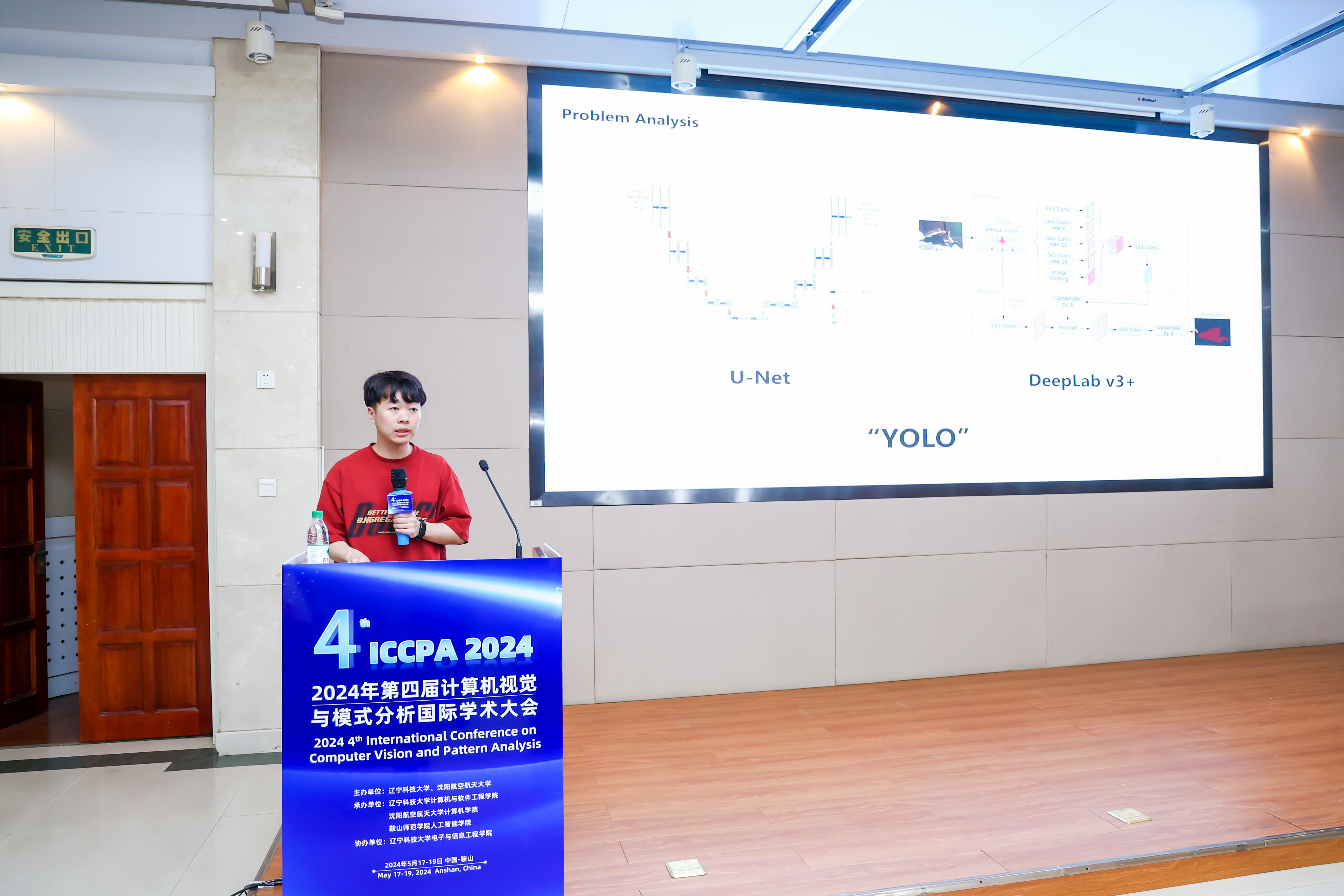
ICCPA 2024

The 4th International Conference on Computer Vision and Pattern Analysis (ICCPA 2024) had been successfully held in Anshan, China from May 17-19, 2024. ICCPA 2024 gathered scholars, researchers, engineers, and entrepreneurs in the realm of computer vision and pattern analysis from all corners of the globe, with the aim of establishing a pivotal platform to facilitate academic exchange and the sharing of research outcomes. The conference jointly deliberated on the most recent research findings and developmental trends within the discipline.
Participants drew inspiration and were motivated by the experiences shared by fellow researchers, thereby contributing to the advancement of technology in these sectors and enhancing the depth of academic inquiry.
Group Photo
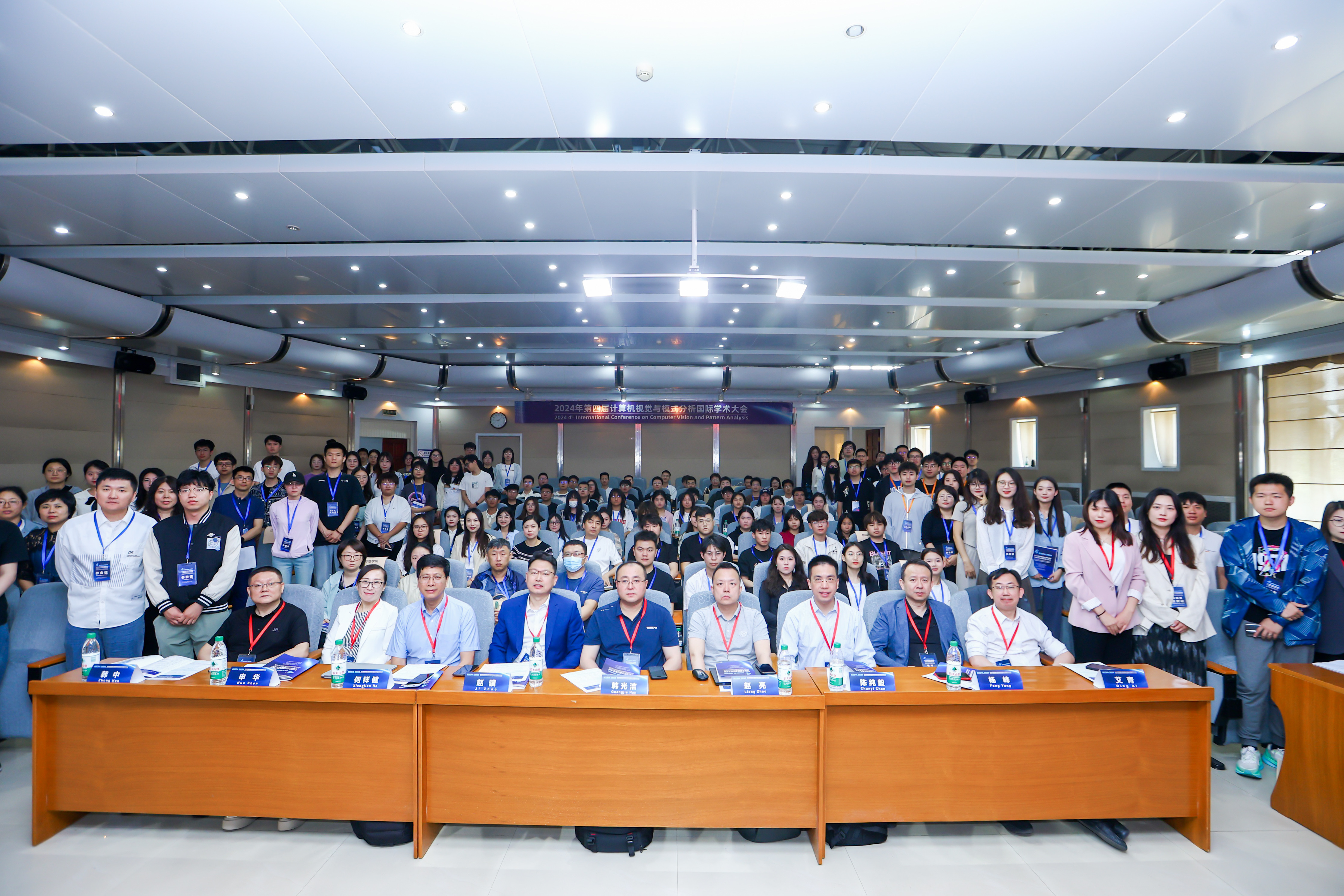 | 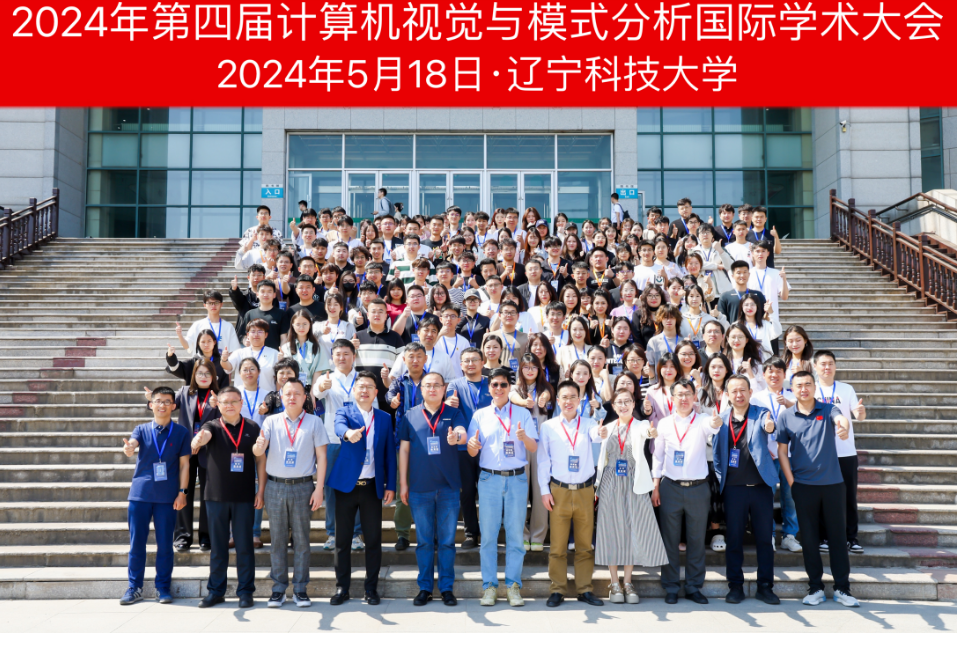 |
Welcome Address
The conference commenced with an opening remark from Prof. Ji Zhao, Dean of School of Computer Science and Software Engineering, University of Science and Technology Liaoning, China.
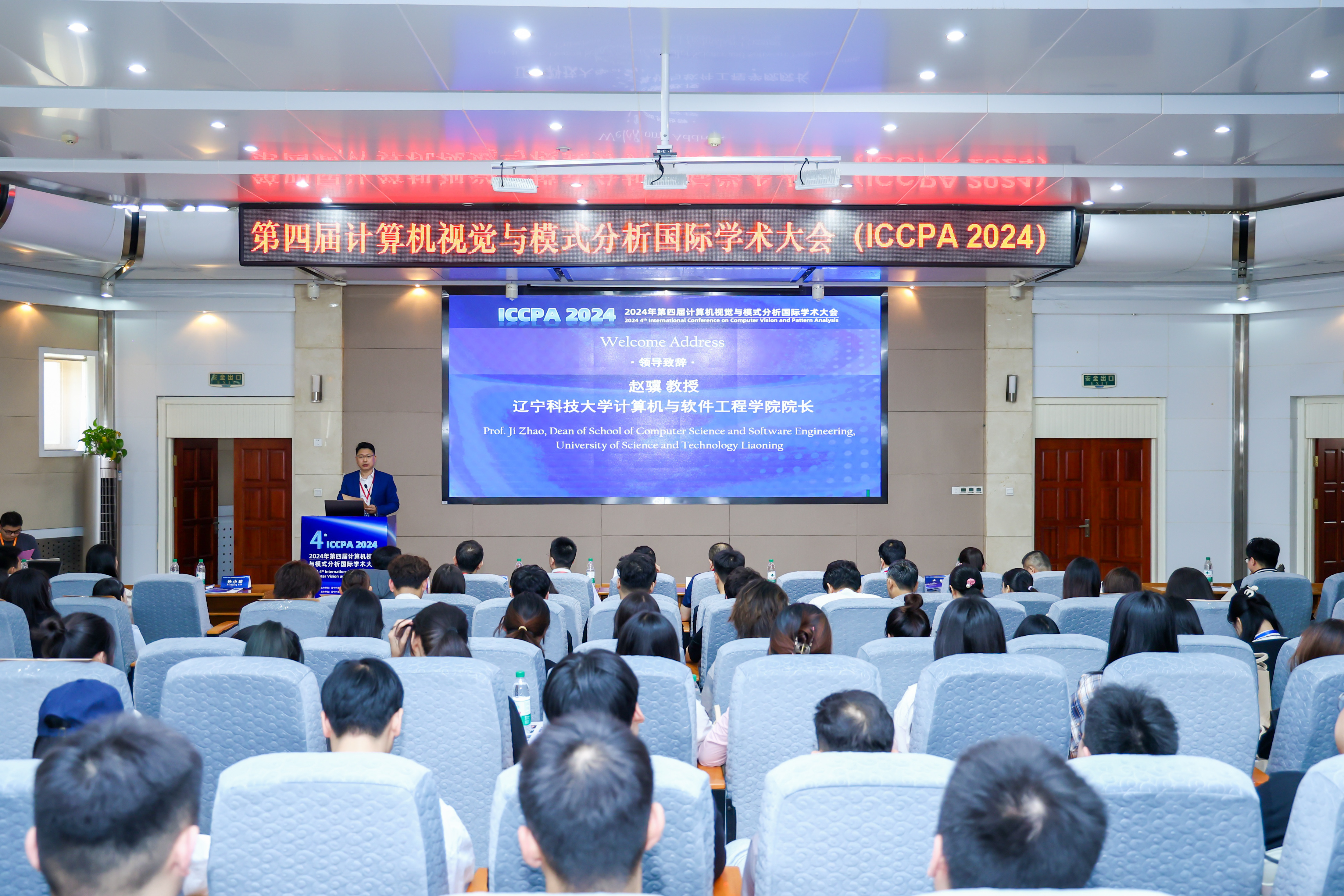
Keynote speeches
Then the conference entered the keynote speech session, where four professors from both domestic and international institutions were invited to give the keynote speech. The first keynote speaker was Prof. Guangjie Han, IEEE/IET/AAIA Fellow, Dean of College of Information Science and Technology, Hohai University. The presentation was titled ““软件定义”重构水下多智能体网络:若干研究进展与思考.”
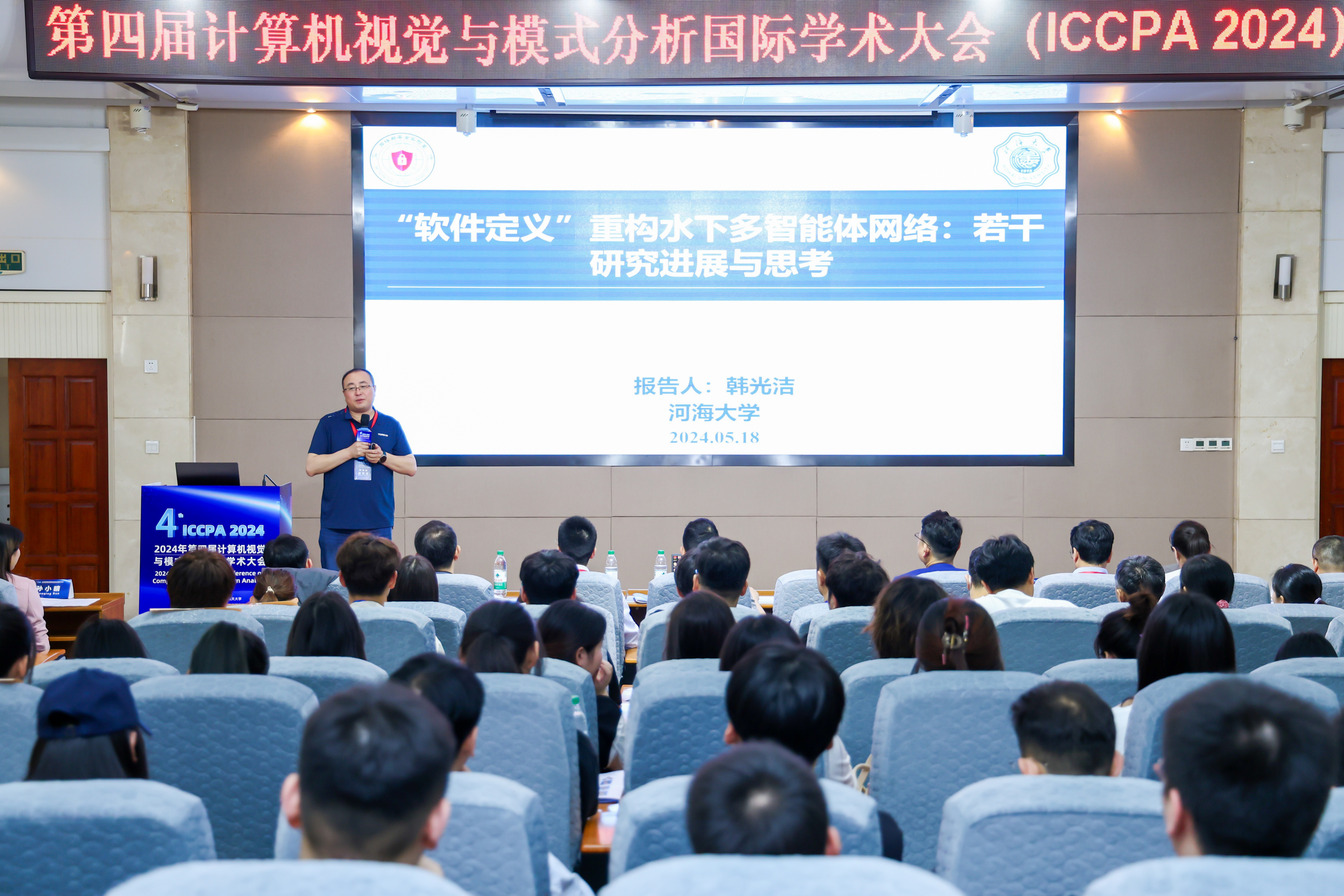 | 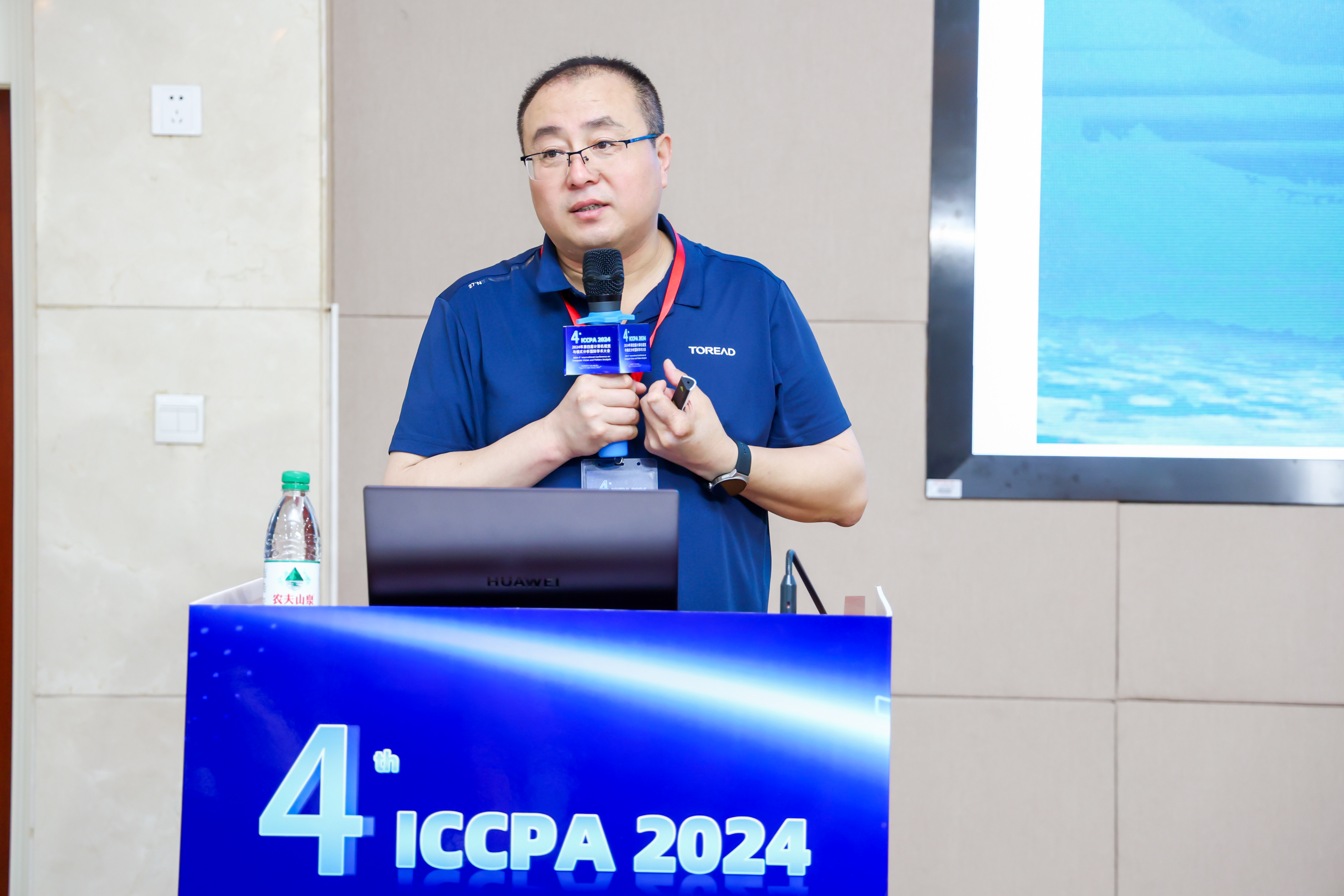 |
The second keynote speaker was Prof. Xiangjian He, University of Nottingham Ningbo. The speech title was“Salient Object Detection.”
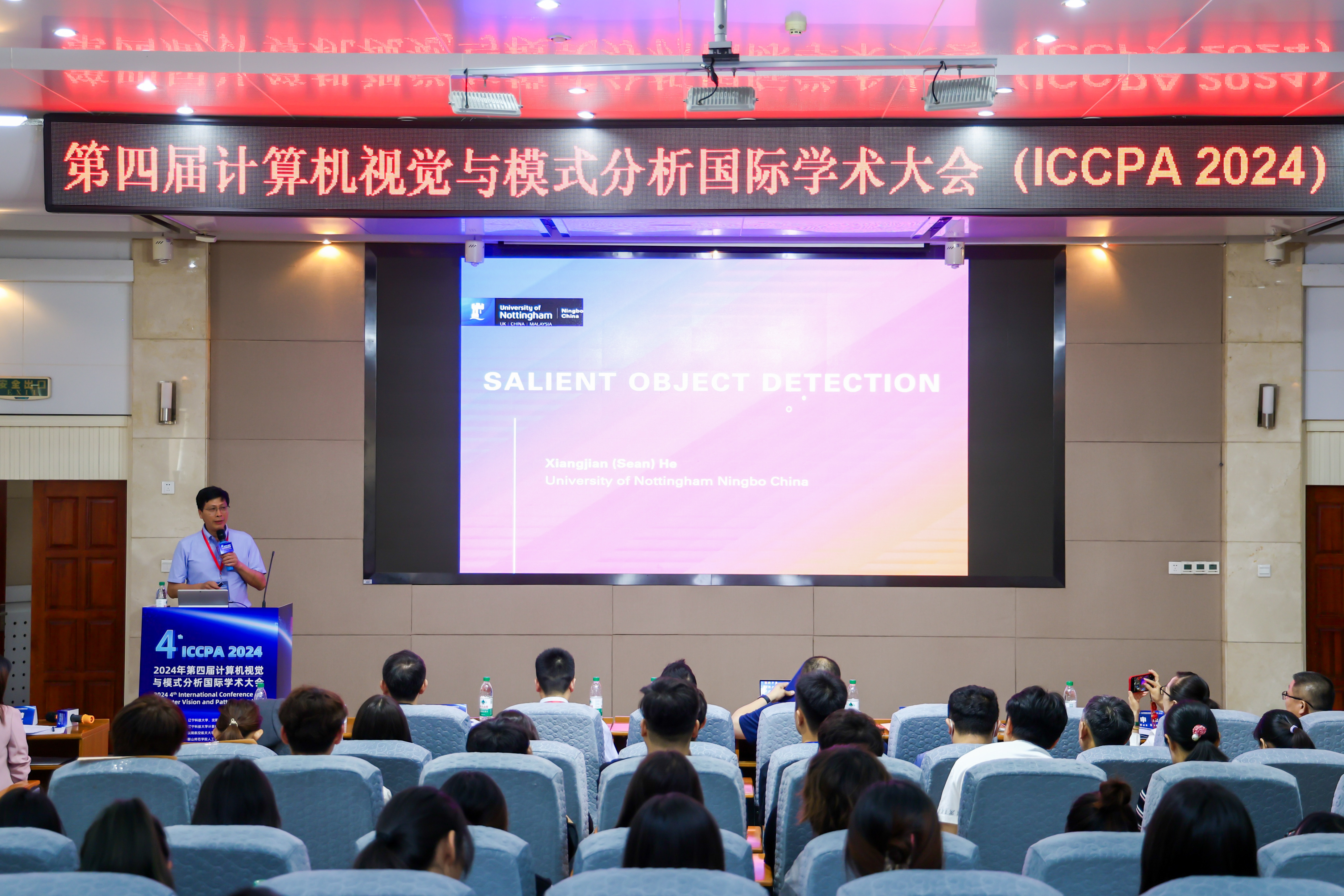 | 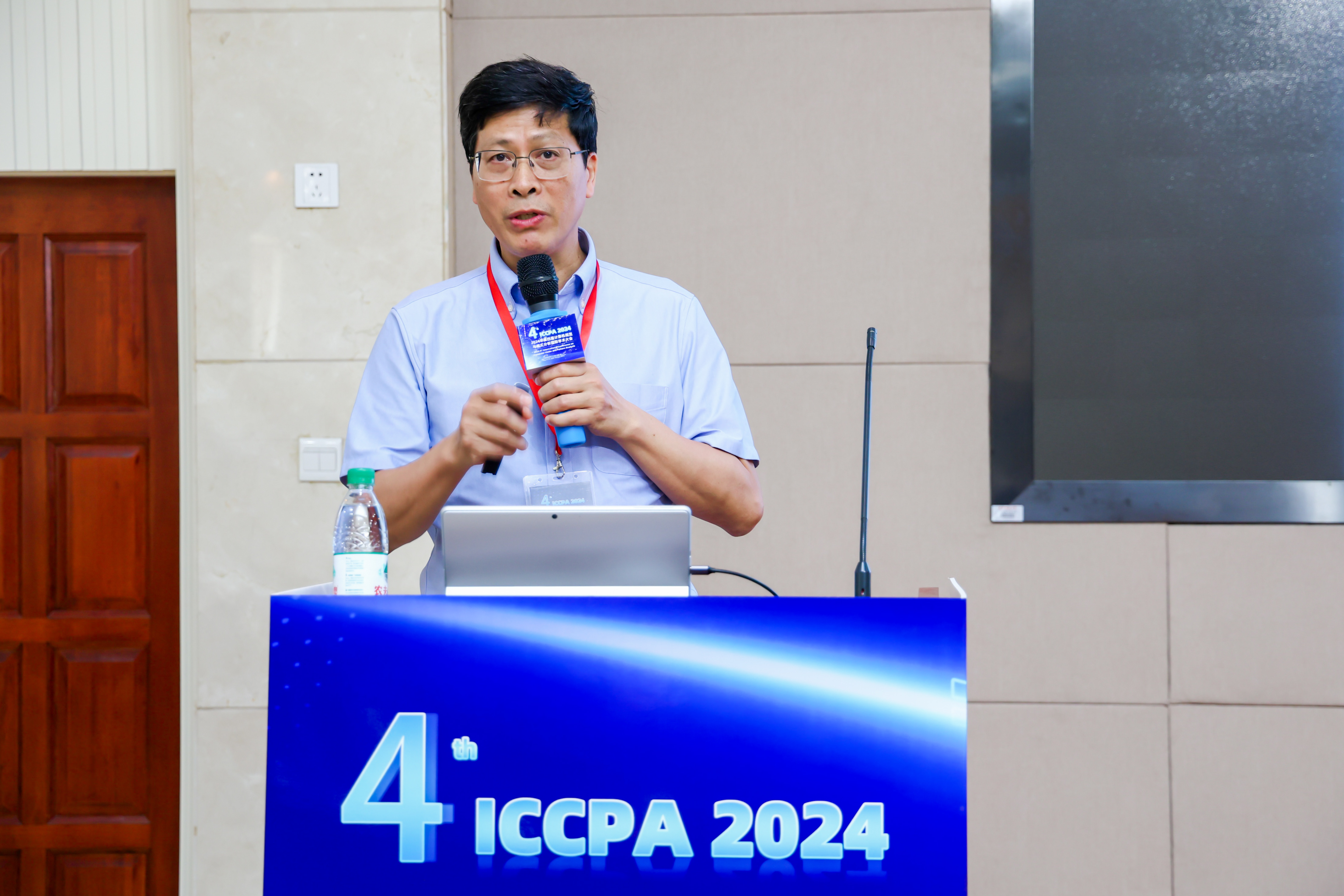 |
The third keynote speaker was Prof. Liang Zhao, Dean of School of Computer Science, Shenyang Aerospace University. The speech was titled “Intelligence-Enabled Vehicular Networking and Edge Computing.”
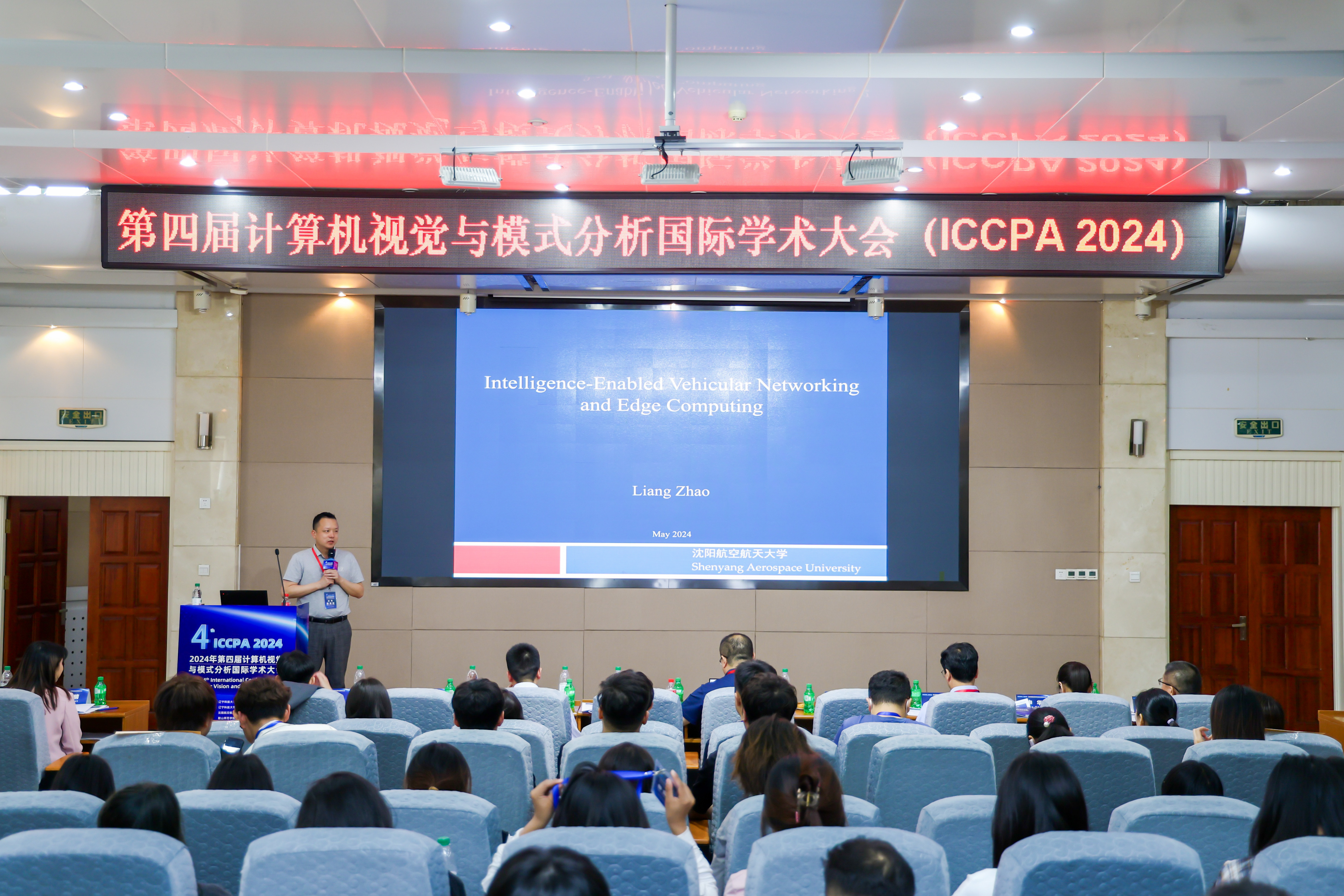 | 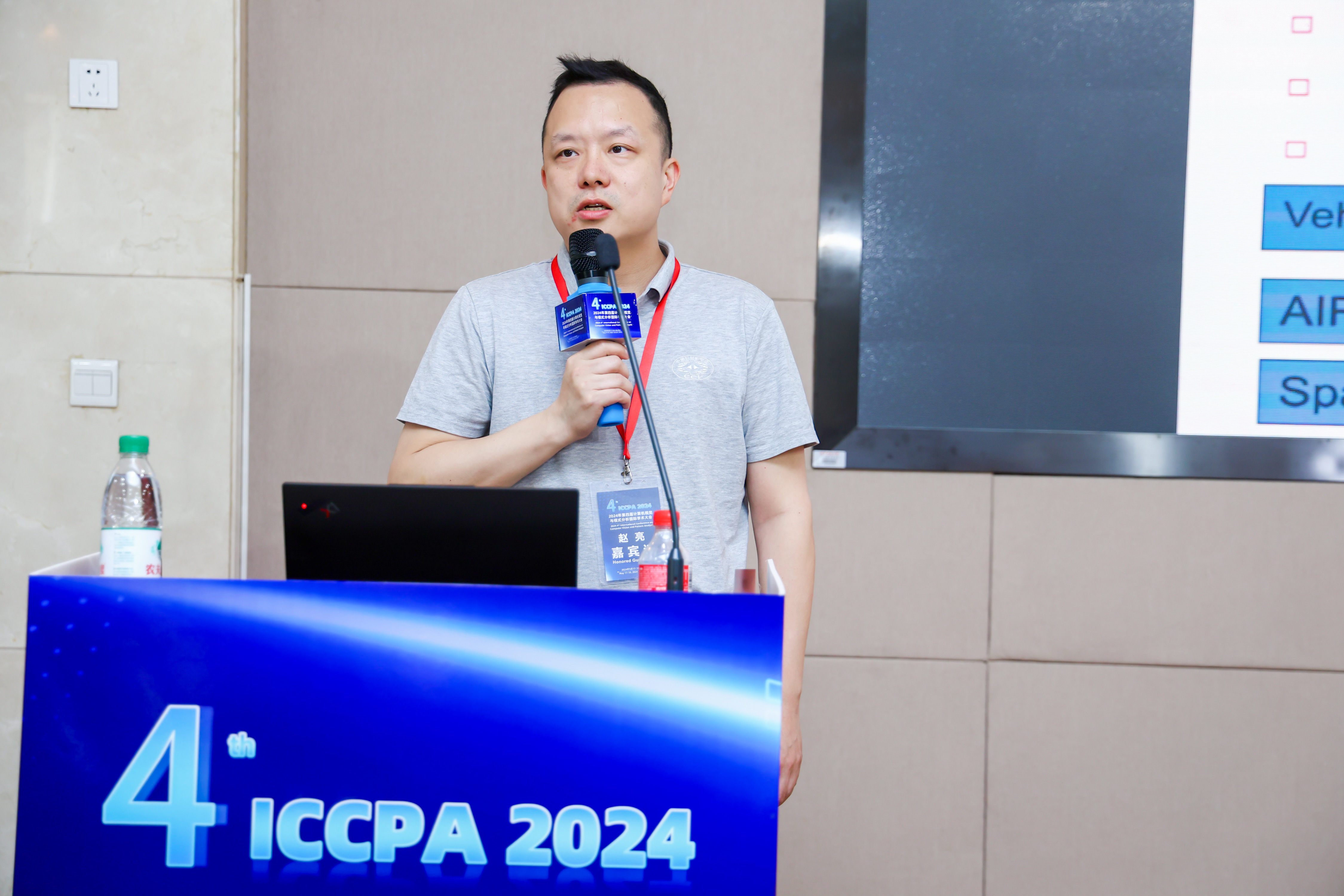 |
The last keynote speaker was Prof. Chunyi Chen, Vice Dean of College of Computer Science and Technology, Changchun University of Science and Technology. The title of his presentation was “Removing redundant computation in 3D scene rendering using limitations of human visual perception.”
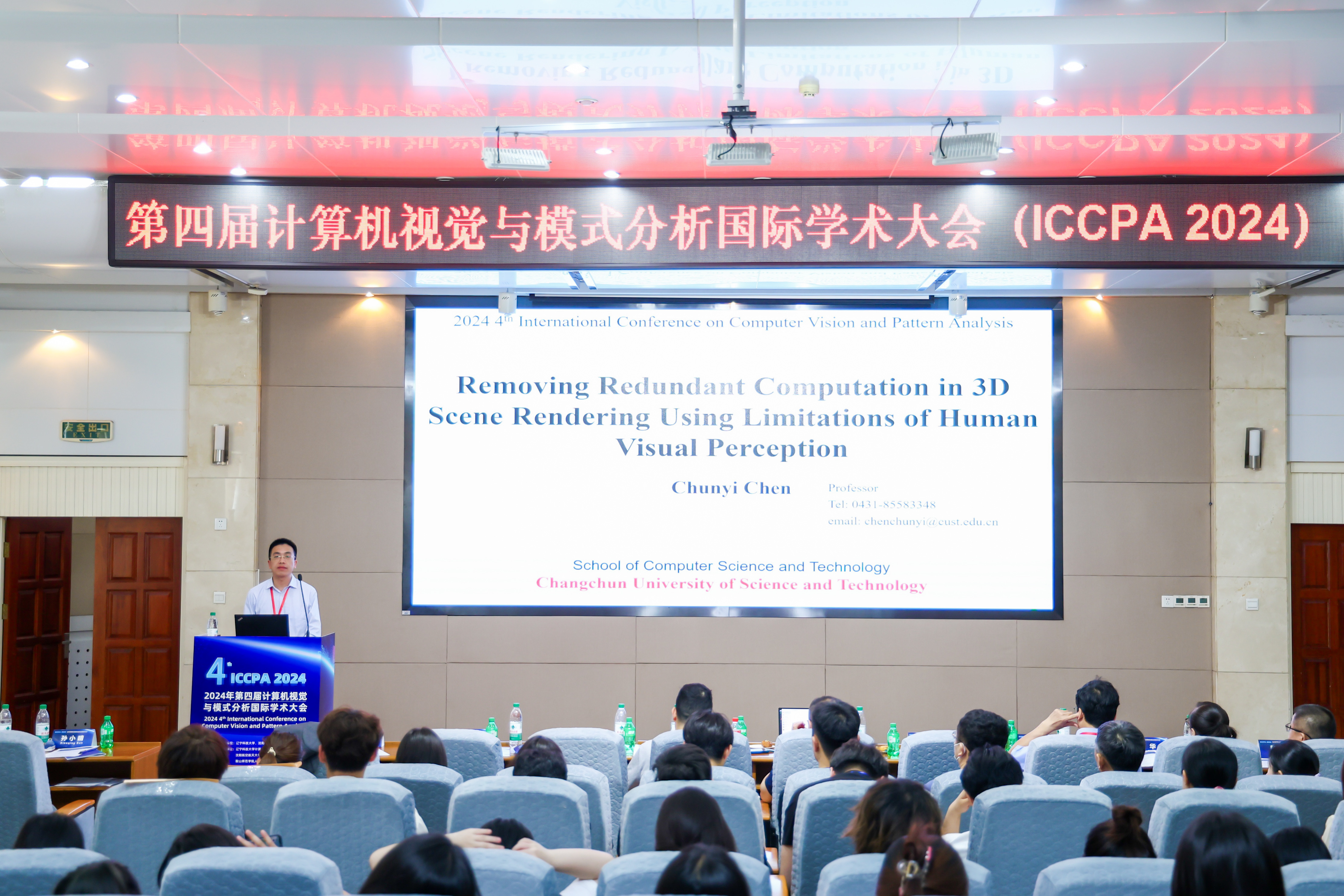 | 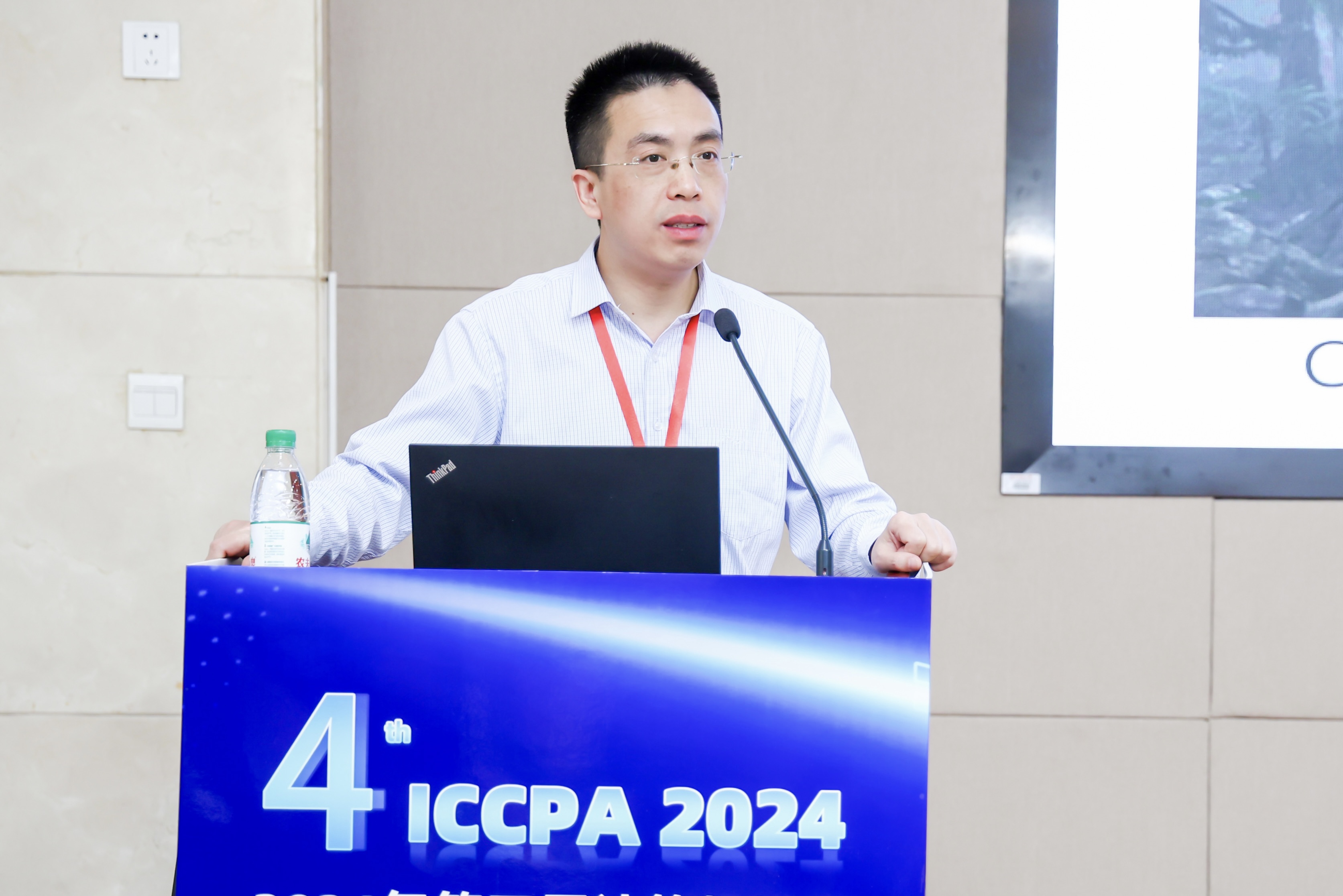 |
The afternoon session was inspired by the invited speeches and oral presentations.
Invited speeches
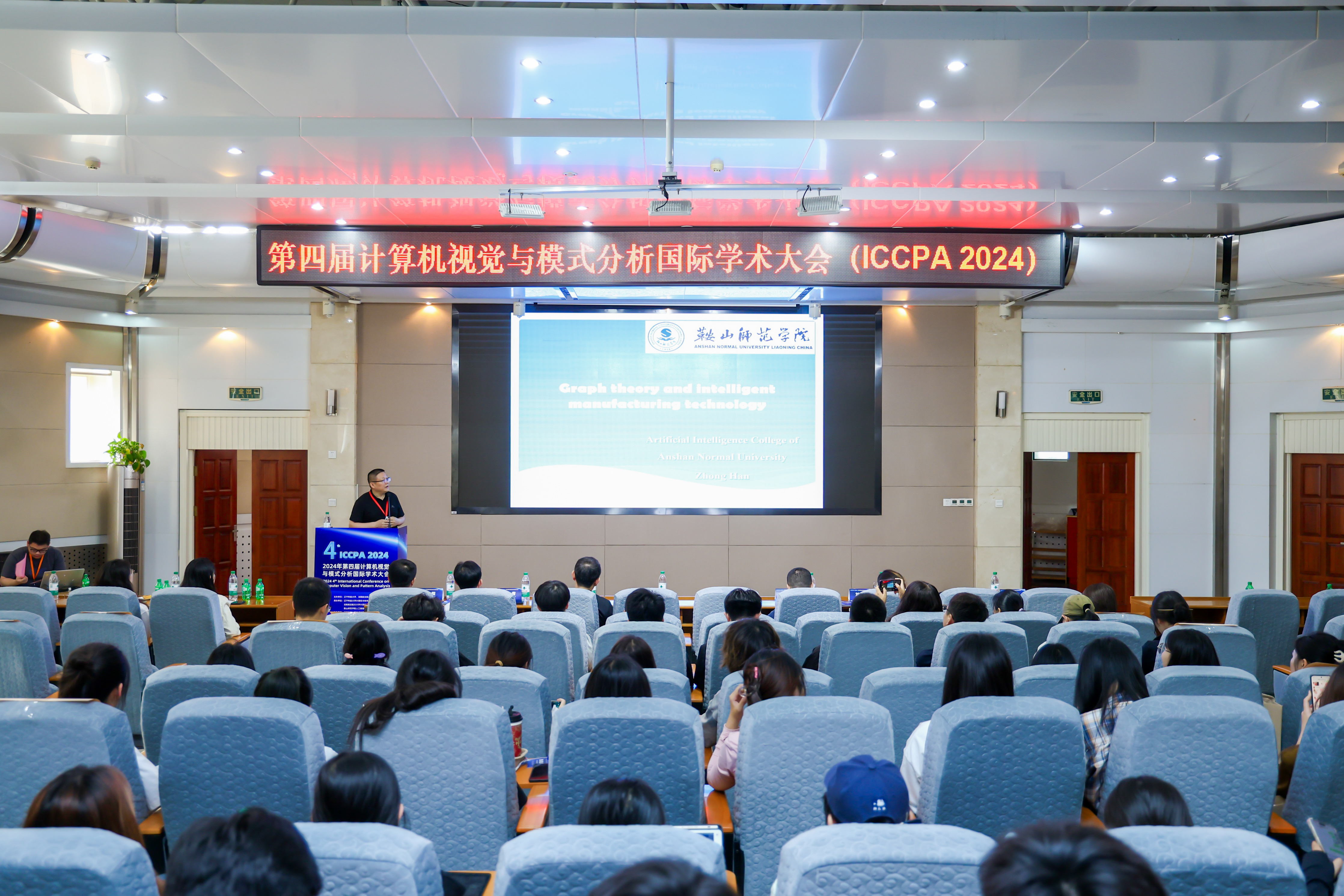 | 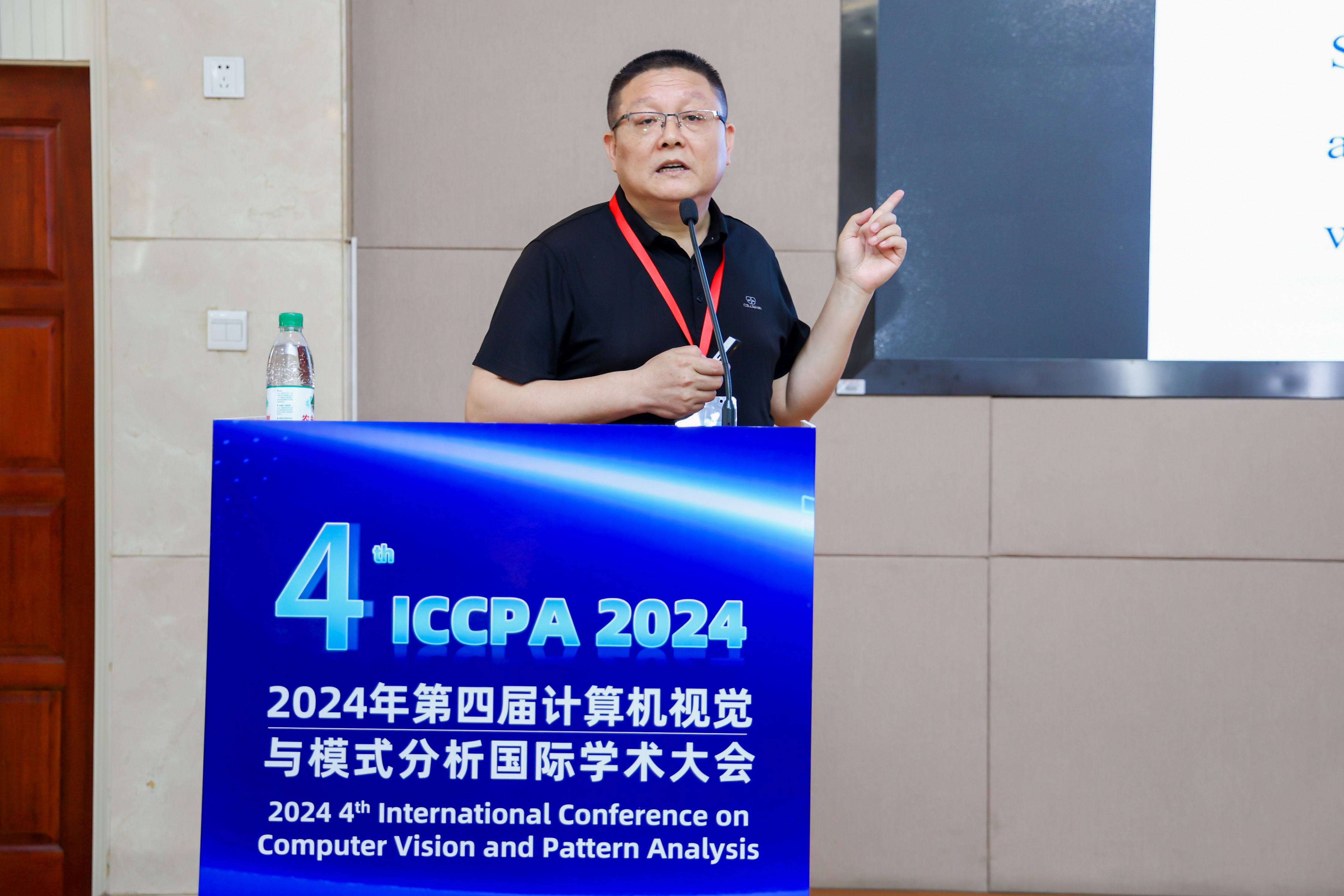 |
Prof. Zhong Han, Vice Dean of College of Artificial Intelligence, Anshan Normal College Speech Title: 图论与智能制造技术(Graph theory and intelligent manufacturing technology) | |
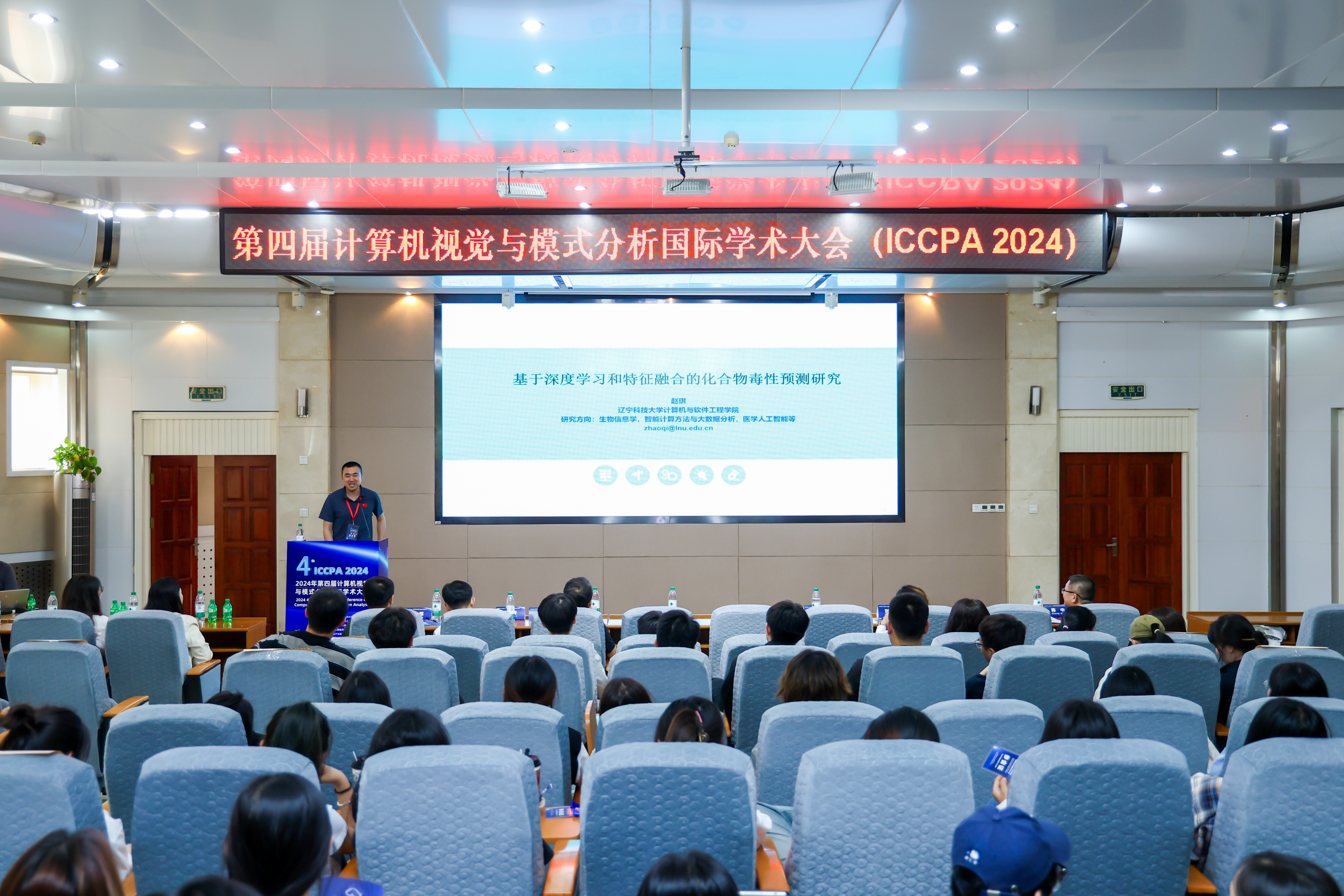 | 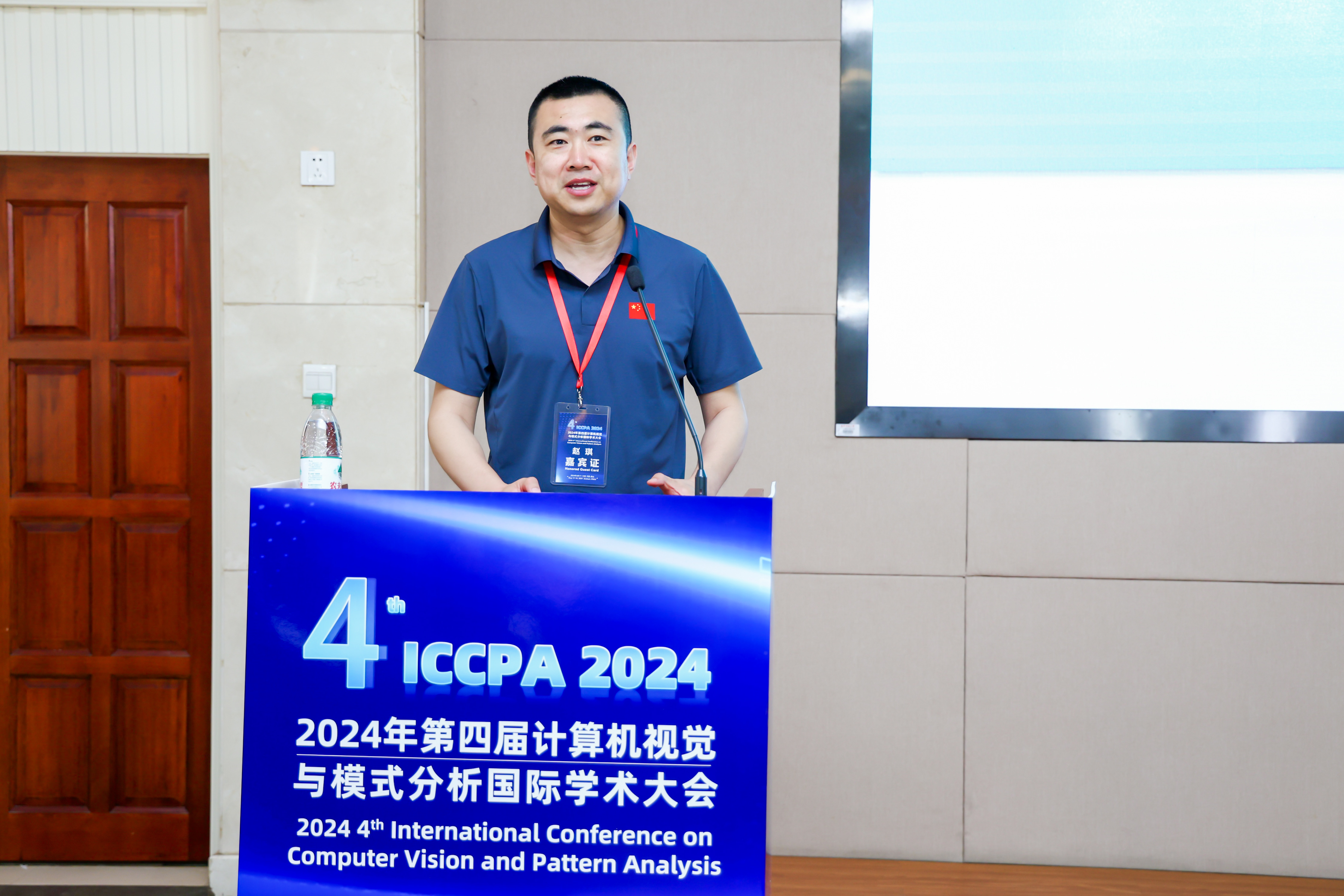 |
Prof. Qi Zhao, University of Science and Technology Liaoning Speech Title: 基于深度学习和特征融合的化合物毒性预测研究 | |
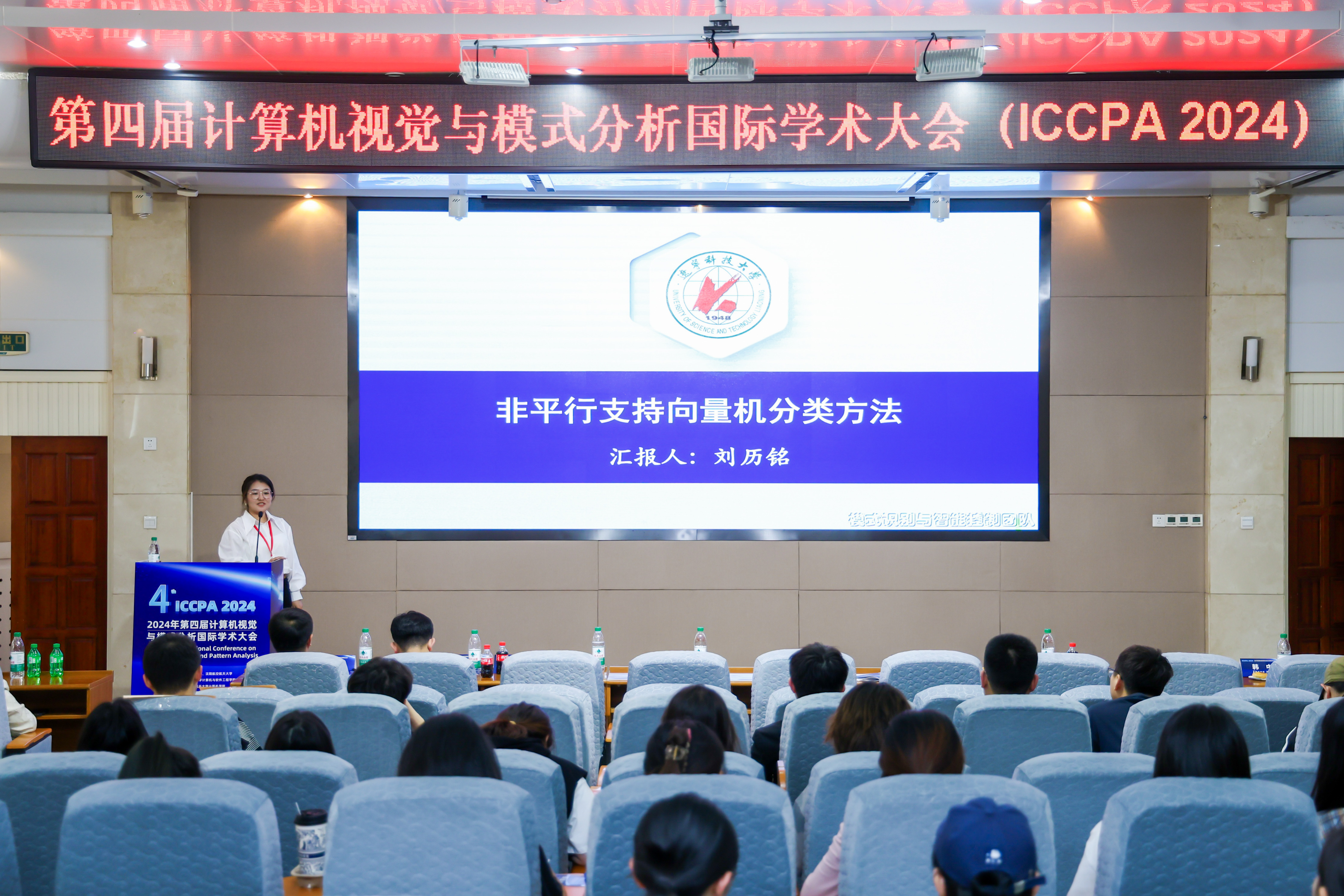 | 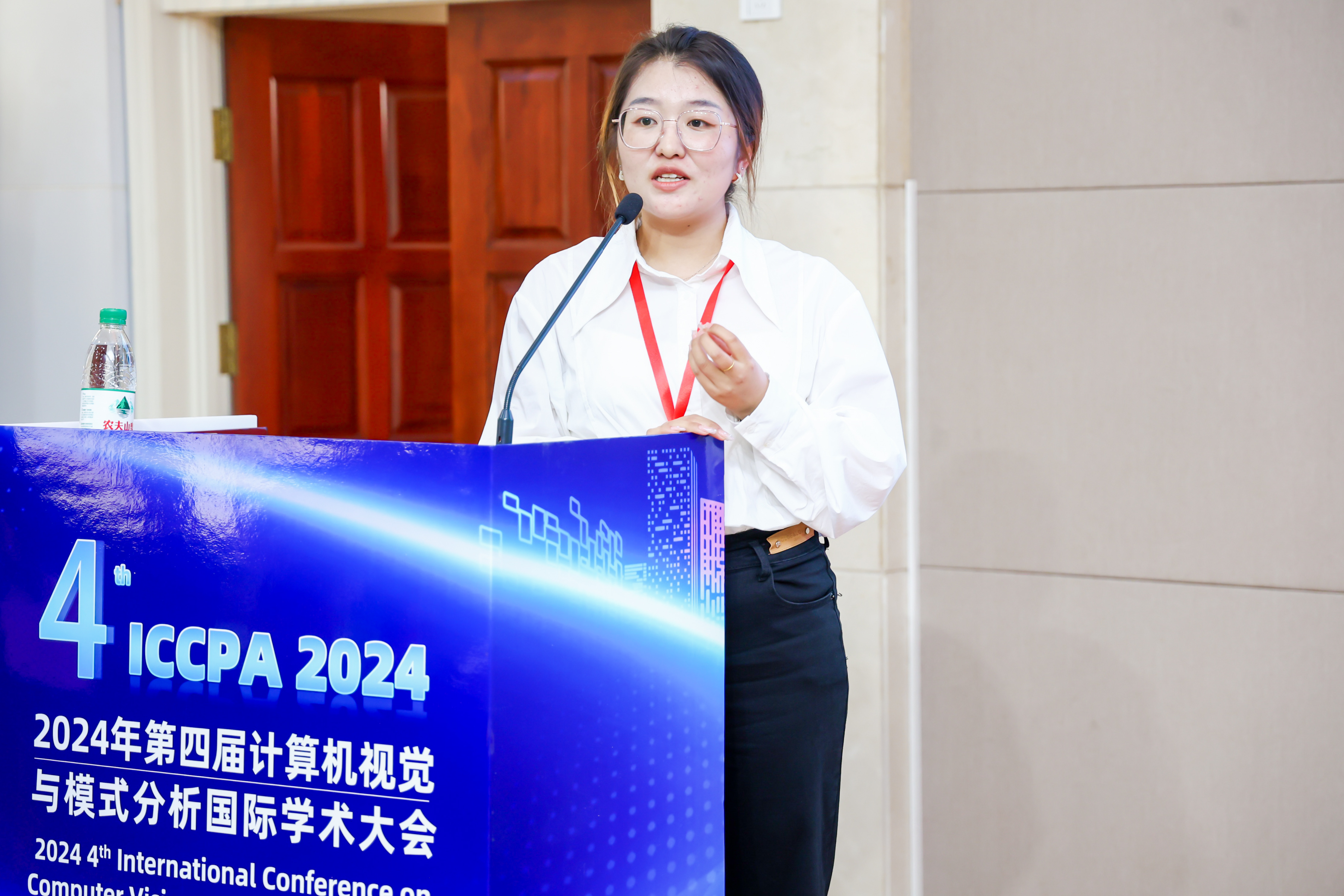 |
Dr. Liming Liu, University of Science and Technology Liaoning Speech Title: 非平行支持向量机分类方法 | |
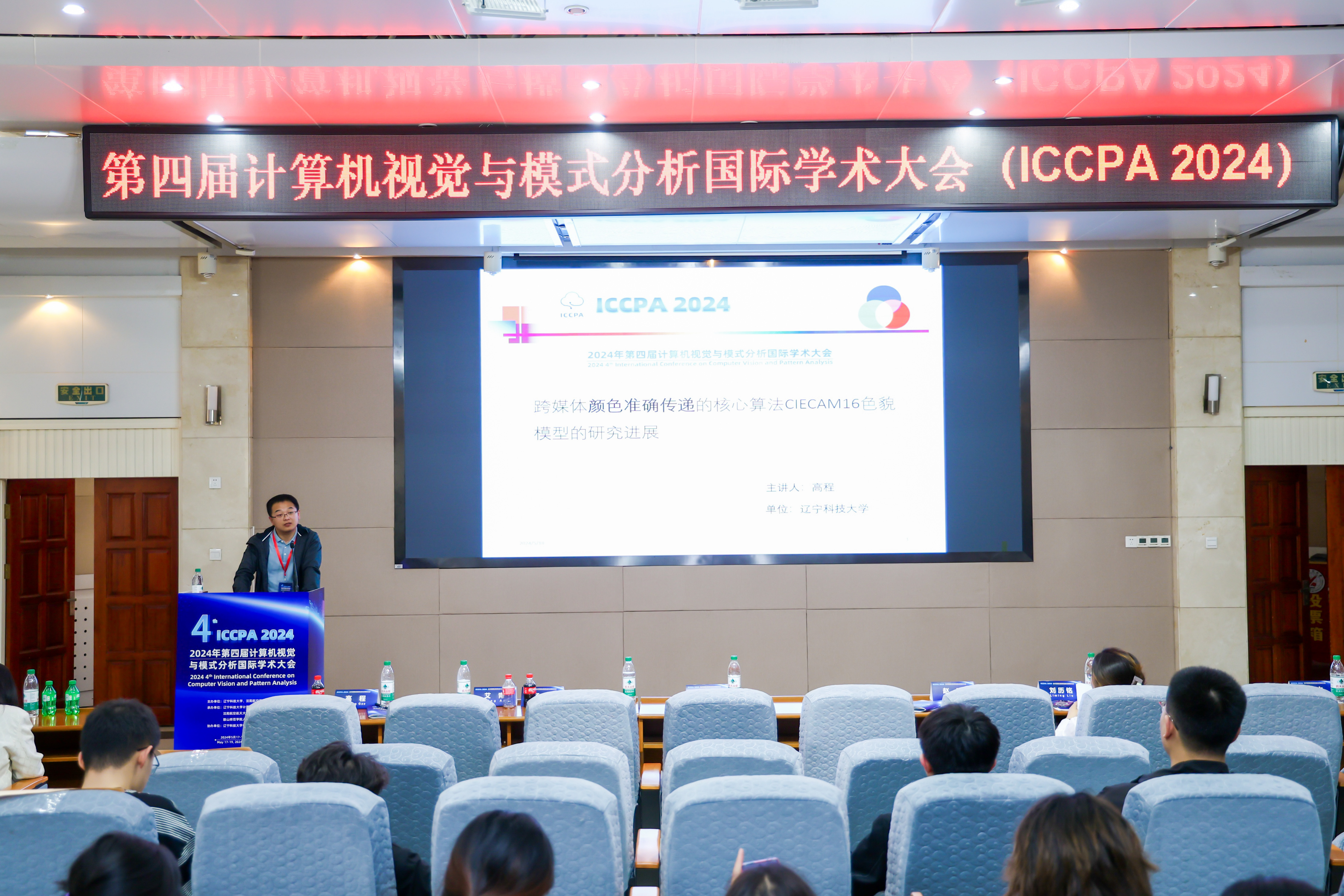 | 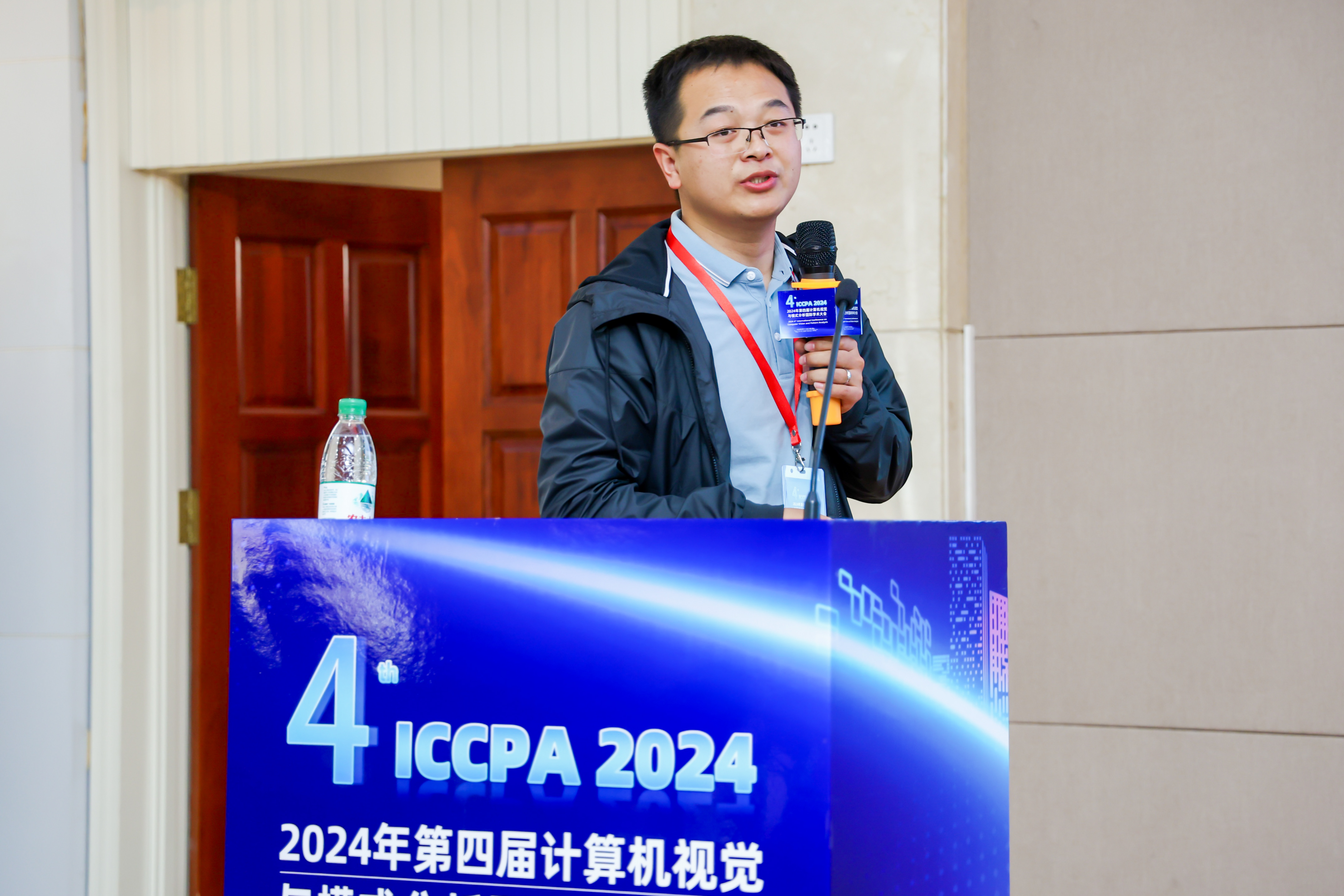 |
Dr. Cheng Gao,University of Science and Technology Liaoning Speech Title: 跨媒体颜色准确传递的核心算法CIECAM16色貌模型的研究进展 | |
Oral Presentations
Zhengpeng Li, University of Science and Technology Liaoning Speech Title: 面向超分辨率遥感图像的场景理解与识别 |
Chao Li, Dalian Polytechnic University Speech Title: Quantification and Application of Blackness Based on Munsell Color System |
Jinlong Zhai, University of Science and Technology Liaoning Speech Title: 基于Q检验和核密度估计的显著性区域的异源影像匹配 |
Zhijian Wang, University of Science and Technology Liaoning Speech Title: 基于深度辅助Transformer网络的端到端单目 摄像头三维目标识别研究 |
Xu Tan, University of Science and Technology Liaoning Speech Title: 工业缺陷检测的智能化:从汽车表面伤损检测实践中寻找突破和展望 | |
